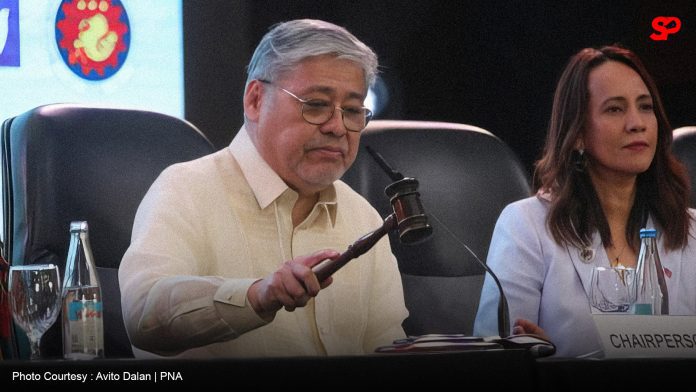MANILA – The Philippine government on Thursday urged countries in the Asia Pacific states to strengthen maritime cooperation and develop “confidence-building measures” in the region against the backdrop of tensions in the South China Sea.
Speaking at an ISEAS (Institute of Southeast Asian Studies)– Yusof Ishak Institute forum in Singapore, Foreign Affairs Secretary Enrique Manalo said the region must promote cooperative activities in the maritime realm, including along the lines of maritime domain awareness (MDA) and marine environment protection, with the international law as a guide.
Beyond defense-oriented security tie-ups, the Filipino top diplomat said maritime cooperation could enable states to define “new by-ways for responsible shared stewardship” of the sea.
“And especially because of the tensions and disputes in the South China Sea, it is incumbent upon the region’s members to push the frontiers for possible maritime cooperation,” he said.
On top of MDA and environment protection, Manalo said countries could cooperate in areas concerning the safety of navigation and communication at sea, ocean governance, natural resource extractions, and fisheries.
In the same forum, he encouraged the Association of Southeast Asian Nations (ASEAN) and China to “persevere in delivering a credible and effective” Code of Conduct (COC) in the South China Sea that is anchored on international law.
“This is especially important because not only of the global significance of the South China Sea to international trade and commerce, but also due to the continuing disputes and tension in the South China Sea,” he said.
The official noted that actions against lawful activities within the South China Sea, including against the Philippine patrols in its exclusive economic zones “have added even more urgency to this issue of the COC”.
Talks on crafting a COC have been ongoing since 2018 after its framework was adopted and endorsed by the leaders of China and the ASEAN.
Meanwhile, Manalo underscored the effectiveness of global and regional cooperation–in new fronts and on new platforms–notwithstanding major power rivalries.
“These times of global unrest behoove our region, the Asia Pacific, to fulfill its promise as the engine of global growth for this century. And to this end, we must build for peace to sustain our economic growth trajectories and secure the inclusive empowerment of our citizens,” he said. (PNA)

